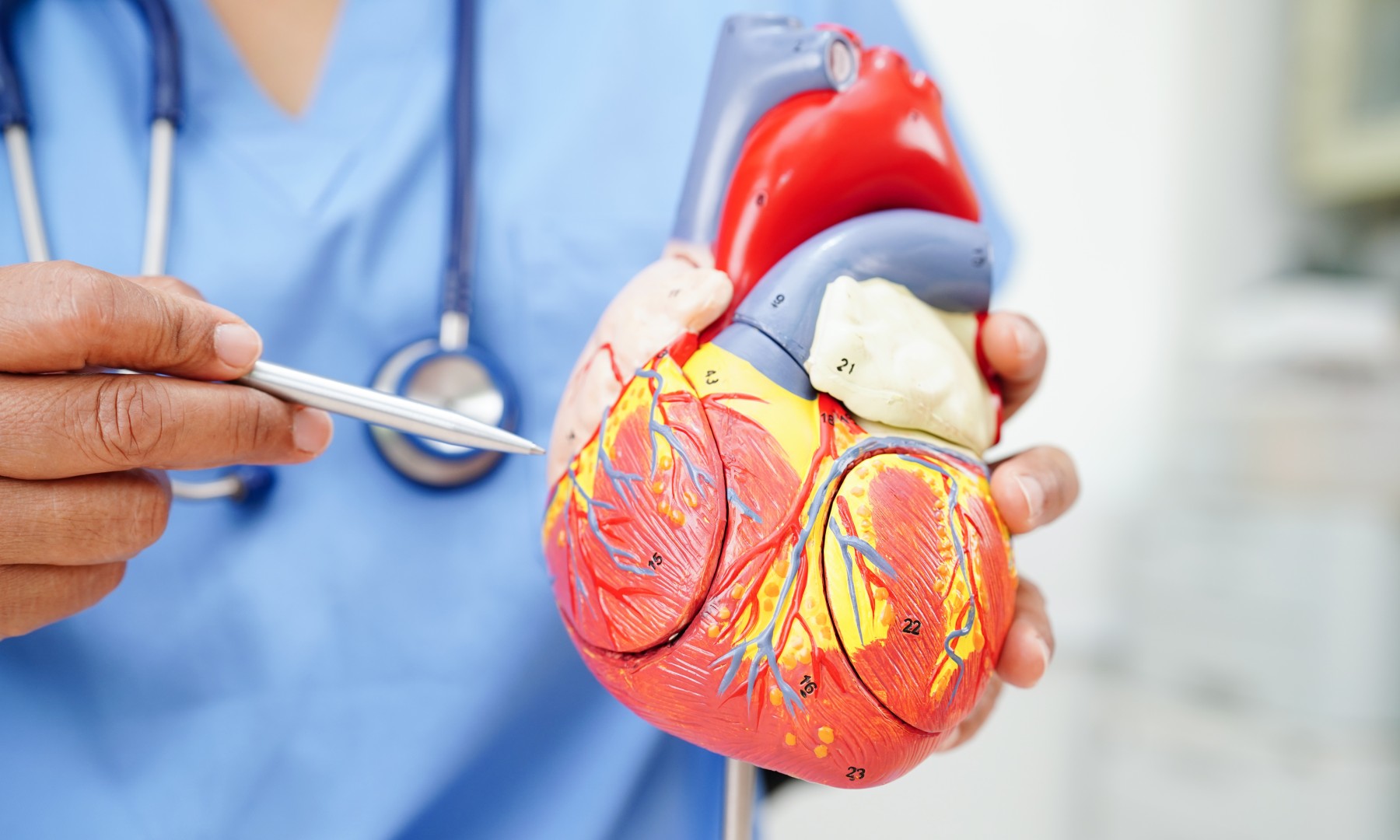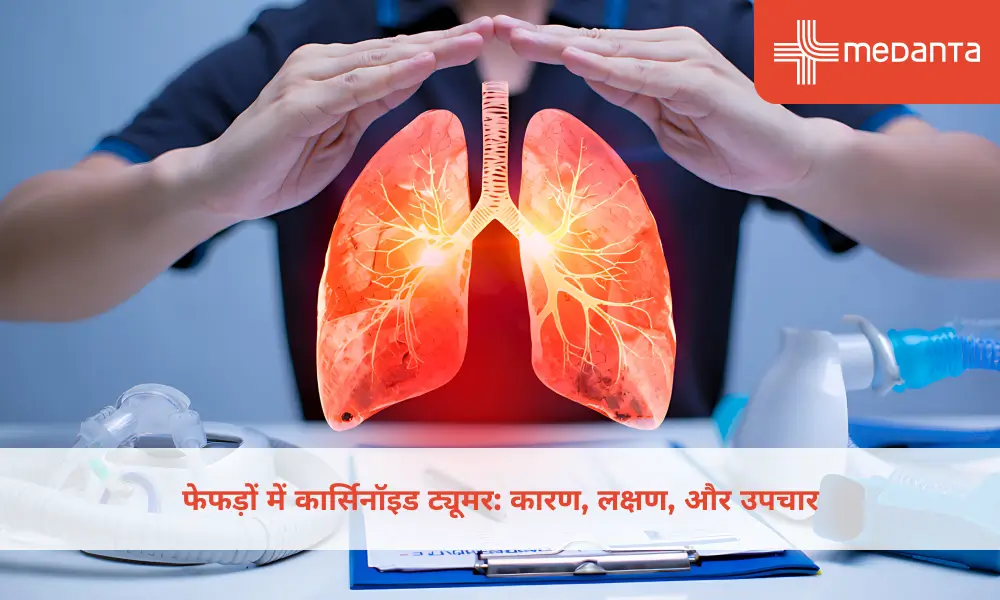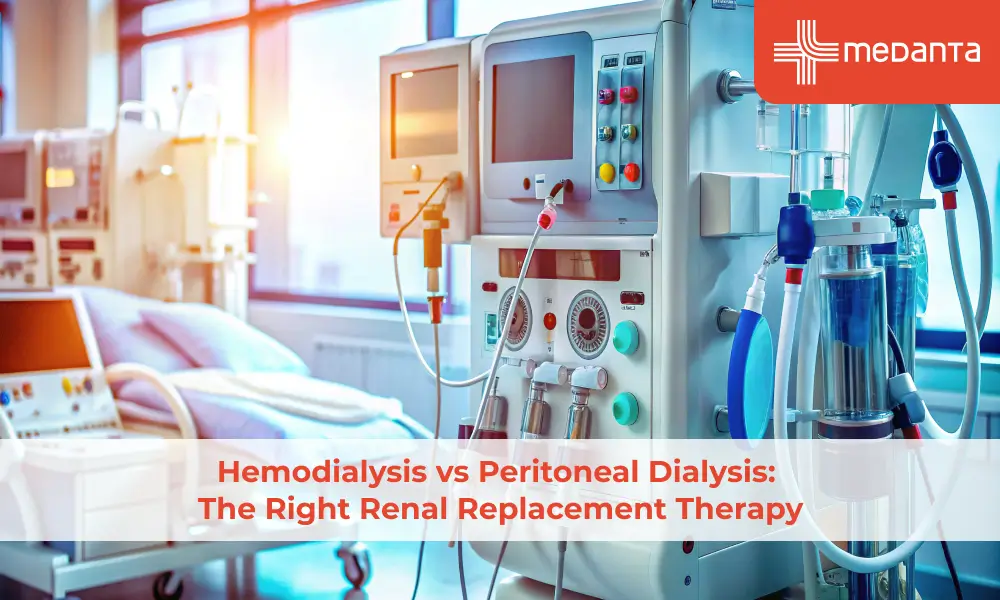Heart Surgeries: Types, Recovery, Risks, and Management

Cardiovascular ailments stand as one of the foremost causes of mortality on a global scale. Recent decades have seen significant advancements in the field of heart surgery, which has enabled people to undergo operations to manage different heart conditions. However, akin to any surgical intervention, heart surgeries are not without risks and necessitate thorough preparation and recovery. This write-up delves into indispensable factors that one must bear in mind when preparing for and recuperating from a heart surgery.
Understanding Heart Surgeries
The process of heart surgery typically involves the mending or substitution of injured sections of the heart or the surrounding blood vessels. To undergo such interventions, patients are placed under the influence of general anesthesia, and admission to a hospital is necessary. In cases where conventional treatments, like pharmaceuticals or alterations to one's way of life, prove to be ineffective in managing heart ailments, heart surgery is often the recommended course of action.
Preparing for Heart Surgeries
In preparation for a heart surgery, your physician will evaluate your general well-being, including the functionality of your heart and lungs, kidney functionality, and any preexisting medical conditions. To assess your heart's functioning and identify any possible risks or complications, they may also conduct various tests, such as electrocardiograms (ECGs), echocardiograms, and blood screenings.
To ensure a smooth operation and reduce the likelihood of complications, you must adhere to specific pre-surgery protocols, such as abstaining from certain medications, quitting smoking, and maintaining a nutritious diet. As a heart surgery can be a demanding and anxiety-inducing experience, it may also be necessary to prepare yourself psychologically and emotionally beforehand.
Types of Heart Surgeries
There are different types of heart surgeries, depending on the heart condition being treated. Some common types of heart surgeries include:
Coronary Artery Bypass Grafting
The process of Coronary Artery Bypass Grafting (CABG) entails the establishment of a detour around a narrowed or obstructed segment of the coronary artery. This surgery is performed with the objective of ameliorating blood flow to the heart muscles, consequently minimizing the likelihood of a heart attack.
Heart Valve Replacement
Heart valve replacement is a surgical operation that entails substituting a damaged or ill heart valve with a prosthetic valve. The purpose of this procedure is to reinstate adequate blood flow through the heart, thereby enhancing overall heart functionality.
Aneurysm Repair
An aneurysm is a protrusion in the wall of a blood vessel, which can rupture and trigger serious, even lethal, bleeding. Aneurysm repair is a surgical procedure that involves the eradication or restoration of the bulging part of the blood vessel with the objective of averting the possibility of a rupture.
Heart Transplant
Heart transplant is a surgical intervention that encompasses the replacement of a failing or impaired heart with a healthy heart from a donor. This course of action is employed in patients with end-stage heart failure, where alternative interventions have proven futile.

Recovery after Heart Surgeries
After undergoing heart surgery and leaving the hospital, it's crucial to continue following the recovery plan recommended by your healthcare provider. This plan may include taking medications as prescribed, caring for any wounds or incisions, and attending follow-up appointments with your doctor to monitor your progress. Adhering to these instructions is important to ensure a successful recovery and avoid any complications that may arise. Additionally, it's essential to adopt healthy habits such as eating a nutritious diet, engaging in physical activity, and avoiding smoking to promote long-term heart health.
Heart Rehabilitation
Heart rehabilitation is a comprehensive program designed to aid in the recovery process of people who have undergone heart surgeries and improve their overall heart health. It usually involves a combination of exercises, education, and support provided by a team of healthcare professionals. The program aims to help individuals regain their strength, manage their symptoms, and reduce the risk of future heart problems by making lifestyle changes and improving overall cardiovascular health.
Managing Pain and Discomfort
Pain and discomfort are common after heart surgeries, but there are several ways to manage them effectively. Your doctor may prescribe pain medications, such as opioids or nonsteroidal anti-inflammatory drugs (NSAIDs), to help you manage your pain. You can also try relaxation techniques, such as deep breathing or meditation, to reduce your stress levels and improve your comfort.
Lifestyle Changes after Heart Surgeries
Undergoing a heart surgery can serve as a reminder to make important lifestyle changes to enhance your heart health. These changes may involve quitting smoking, maintaining a nutritious diet, engaging in regular physical activity, and managing your stress levels. Your doctor may also advise taking medications, such as blood pressure or cholesterol-lowering drugs, to treat your heart condition.
Follow-up Care and Monitoring
Following heart surgery, it will be requisite to uphold a recurrent sequence of successive appointments with your cardiologist to oversee your recuperation and manage your cardiovascular well-being. This will potentially necessitate systematic examinations, sanguine analyses, and imaging scans to assess your cardiac efficacy and identify any plausible complications.
Risks and Complications
As with any surgical procedure, cardiac surgeries present inherent hazards and complexities. These encompass hemorrhage, sepsis, thrombosis, cerebrovascular accident, or myocardial infarction. Nonetheless, adequate precautionary measures, vigilant observation, and conscientious attention can diminish the likelihood of such occurrences, and ultimately, the advantages of cardiac surgery can surpass the prospective hazards.
Mental Health and Emotional Support
Cardiac surgeries can elicit a taxing and arduous encounter, both corporeally and psychologically. It is of paramount significance to actively seek emotional solace from your kin, acquaintances, or proficient psychological advisors to regulate your stress, apprehension, and despondency. Furthermore, you may engage in support assemblies or attend counseling sessions to connect with individuals who have endured analogous experiences.
When to Seek Medical Help
It is crucial to distinguish when to seek medical intervention following cardiac surgery. If you encounter any indications or manifestations of impediments, such as thoracic distress, dyspnea, pyrexia, or edema, it is expedient to urgently procure medical assistance without delay.
Conclusion:
Cardiovascular operations are intricate procedures that necessitate thorough preparation, vigilant monitoring, and attentive care. Albeit potentially stressful, such interventions may enhance cardiovascular well-being, elevate quality of life, and prolong one's existence. With dutiful adherence to medical directives, lifestyle adaptations, and the judicious pursuit of support, patients can effectively manage postoperative recovery and forestall future cardiovascular complications. Whether contemplating or recuperating from cardiovascular surgery, it behooves patients to remain knowledgeable, optimistic, and connected with their healthcare cohort.






